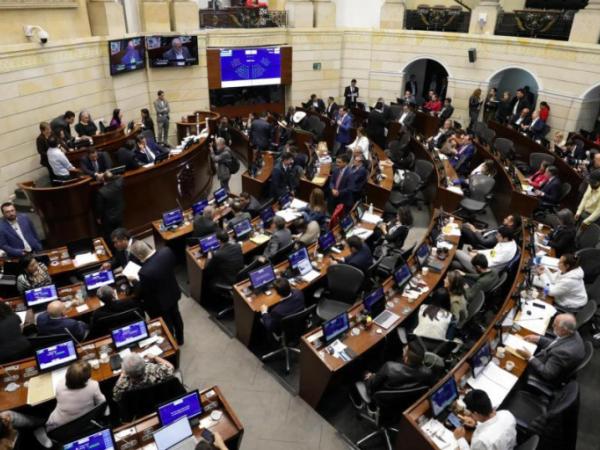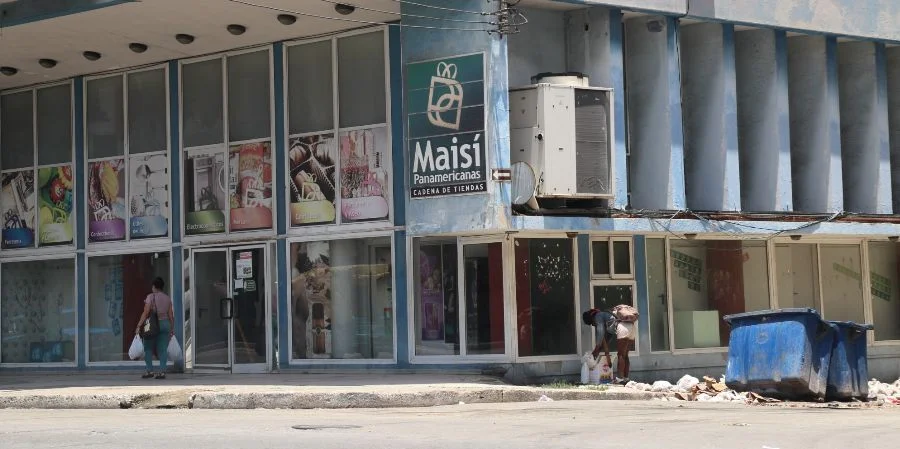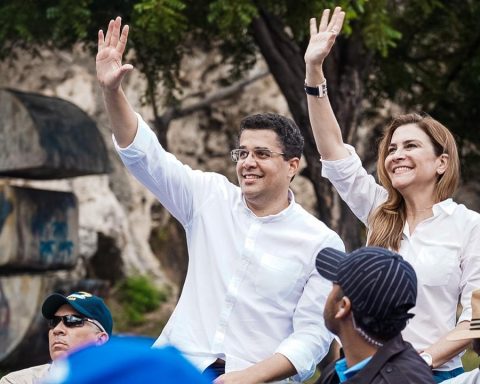After several meetings between the Senate of the Republic and the delegates of the House of Nariño, at the head of the Ministry of the Interior, the project to reform the General Participation System was on the verge of achieving approval. which is missing in the Senate of the Republic, after several modifications made to the articles.
In dialogue with Portafolio, Senator Ariel Ávila, speaker coordinator of the initiative, said that for this seven agreements were established that address issues ranging from the increase in the percentage of transfers to the change in powers. that the regions and the National Government must assume so that everything goes forward.
More information: The dollar in Colombia rises this Monday, driven by the fall in oil prices
“Growth is going to drop from 46.5% to 39.5%; which is a significant increase compared to what there is at the moment, but it is a drop of seven percentage points. The second agreement is that the transition will not last 10 years but 12, in order for there to be more progressivity with respect to the Medium-Term Fiscal Framework,” he explained.
To achieve these consensuses, both speakers and delegates of the Casa de Nariño They met on several occasions last week, although the key meetings were last Saturday and Monday – October 26 and 28 – when the final points of what will be taken to the Senate Plenary were adjusted through proposals to be introduced in the articulated
DANE issued poverty data in Colombia
iStock
“The third agreement is that a stronger lock is put in place, conditioning the legislative act to the competition law and priority will be given to issues of closing gaps, especially the poorest and most unequal departments; while generating a line of work for initial and higher education,” said Ariel Ávila.
In a simple way, the changes to the SGP reform include the financing of, at least, two years of preschool education and, at least, two years of the educational cycle of higher education. This, in conjunction with the National Government, which In turn, it will have the obligation to present the powers law in a period of no more than six months.
Also read: SGP reform: transfers will rise 39.5% and more modifications made to the project
“Here we also managed to condition the growth path of SGP resources to compatibility with the Medium-Term Fiscal Framework. Without a doubt, it is an example that by talking, great things are achieved and we already believe that an important stage for this project has been overcome,” he concluded.
It should be noted that in the run-up to this announcement, the Minister of FinanceRicardo Bonilla, made it clear that the adjustments to the initiative were necessary, since the articles approved in the fifth debate (of eight that need to be law) generate an unsustainable system, in which the only way to move it forward is by increasing the debt levels.
“We have to work on making a large number of modifications and that is what the Government is trying to agree on. First, we really have to incorporate a whole discussion of competencies, I cannot simply expect money to be returned to me without looking at what the competencies are and what they are for,” he emphasized.

Colombian pesos
iStock
For Bonilla González, the reform of the SGP can only come into force when the powers that they are going to move; Therefore, in its concept, the validity should begin in 2027.
“The process of transferring resources, such as the same current income of the Nation with which today Colombia’s internal and external debt commitments are paid, with which today resources for future periods are covered for projects that are also executed in the territories, they must be consistent with them,” he said.
However, for the Minister of Finance, said increase in transfers It should be adjusted over a period of between 15 and 20 years, so the National Government also had to give in, as it did with the maximum suggested increase of 37%, which it had put on the table days ago.
Other news: Oil prices start the week with losses due to the conflict between Iran and Israel
The debate begins
With the Government and the project’s speakers looking in the same direction, it is expected that the remainder of the process will not be cumbersome and will be approved in its entirety before the end of the first part of this legislative period. However, a broad debate is already predicted in the Legislature.
For example, for Senator Juan Pablo Gallo, “the autonomy of the regions is key to development. The project that increases direct transfers for municipalities and departments is a positive and necessary step, but it is worth reviewing technical concepts that in recent days we have heard and that can affect or generate a possible fiscal deficit in the medium and long term.”
Meanwhile, for the professor at the University of Rosario, Henry Amorocho, we must start because this change implies 7% less in intergovernmental transfers from the center of the Nation to the territorial entities, thereby reducing fiscal burdens in the future. and a break is given to the state treasury.

Economic growth
iStock
“This gradualness would be approximately 1.9% annually, so that what was previously stipulated in the legislative act would take place. The determination seems to me somewhat Solomonic but not completely objective, because it cannot be taken so lightly, so hastily, because much deeper technical criteria must be taken into account,” said Amorocho.
This teacher asked to keep in mind that “in 33 years of the new Constitution it has not been possible to obtain an organic law of territorial planning as it should and as it should be, that is, with the clear definition of powers and with the clear definition of responsibilities by the territorial entities and those that would be left by the Nation, of course this analysis would have to carry out a precise analysis of the figures that the National Government would stop executing.”
According to several teams of experts such as Anif, Fedesarrollo or the Decentralization Mission, it is not a secret that Colombia is indebted to regional autonomy, but they make it clear that the fulfillment of this goal cannot be translated in pressures on the fiscal rule, so now there is still much to discuss to improve.


















